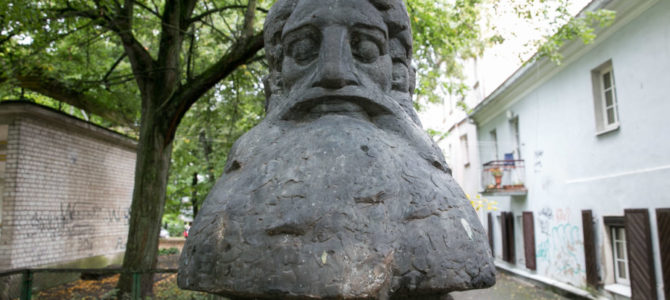by Karolina Aleknavičė, 15min.lt
This year, 2020, has been declared the Year of the Vilna Gaon and Lithuanian Jewish History, and it’s a good opportunity to learn about the authentic culture which thrived for whole centuries in our neighborhood.
We spoke with Vilna Gaon State Jewish Museum Jewish culture and identity exhibit coordinator Saulė Valiūnaitė, Vilnius University historian Dr. Akvilė Naudžiūnienė and Kėdainiai Multicultural Center director Audronė Pečiulytė about Lite, the Litvaks who lived here, Vilnius as the Jerusalem of the North and the Gaon, Eliyahu, who lived there.
Lithuanian Jewish History an Integral Part of Lithuanian History
Valiūnaitė told 15min.lt Lithuanians’ attitude towards Jewish history has changed over the last 15 years. “It’s inspiring that in Vilnius and other Lithuanian cities there are ever more initiatives appearing, and most importantly, a desire to commemorate the history and heritage of the Jews who lived there. Some do this by setting up commemorative markers, others by organizing events or writing books about the Jewish history of their cities and towns,” she said.
“The supply of and demand for events is growing. People are finding things which interest them: someone who tries a bagel becomes interested in Jewish cuisine, someone who reads a book by a Jewish author wants to learn more about the historical context,” she continued.
Although Valiūnaitė sees positive changes, she cautions there is much more work to do in order for Jewish history to be accepted in our society as a fully worthy and integral part of Lithuanian history rather than as an exotic element. She says the biggest problem until now is Jews have not been included fully in the narrative of Lithuanian history.
“That which we call Lithuanian history class in the schools I would call [ethnic] Lithuanians’ history. The school curriculum, after all, which is the only source of historical knowledge for the absolute majority of people, essentially only teaches children the history of the [ethnic] Lithuanians of Lithuania,” she observed, and commented society has lost much because of this approach.
Full story in Lithuanian here.


